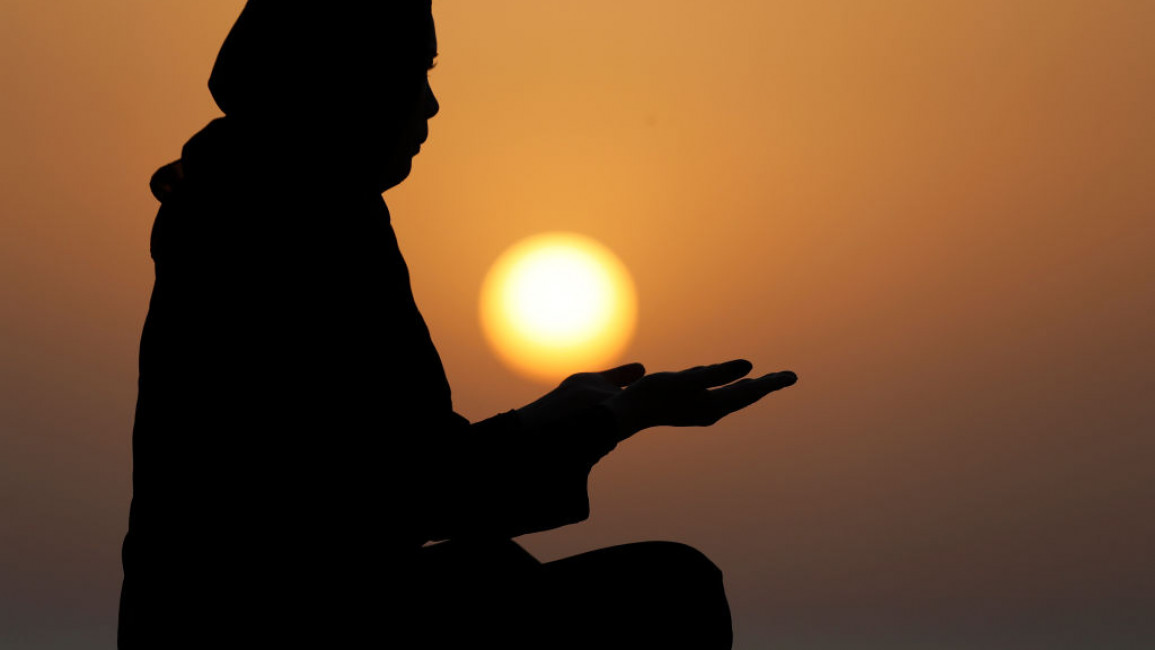Everyone’s Ramadan is different
Ramadan is an undeniably special time in the Muslim calendar. Consequently, it also brings with it considerable expectations. There’s a pressure to ‘make the most of it’. It’s an opportunity we must avail. Who knows if we’ll get to see Ramadan next year, so we must make this one count.
Accompanying these messages is a highly idealised depiction of Ramadan in Muslim media as well as via Muslim influencers, blogs and other online spaces. It shows a Ramadan observed with family, visits to the mosque, people wearing abayas and thobes regardless of their ethnic origin, and homes adorned with an array of Ramadan-specific decorations. It suggests a narrative of constant worship – because isn’t that what Ramadan is about, after all?
All of these depictions are valid, of course. But as I grow older, I’ve come to see that these depictions leave out vast chunks of the Muslim population whose Ramadan, in reality, looks very different.
''I had to go on a journey of kindness and self-acceptance in order to come to terms with what my Ramadans might look like. It's taken me a long time to realise that while what we do during Ramadan matters a lot, Ramadan isn’t just about what we do. Ultimately, our relationship with God transcends outward action.''
I have experienced a lot of Ramadans. Ones gathered with family every night around bountiful, home-cooked iftars. Ones with visits to the mosque and night-long worship. Ones where I finished the entire Quran, with the English translation. Ones in desert heat, and ones with eighteen hour-long fasts in English summer. Ones where I fasted the entire month while pregnant. But also ones where I was only able to fast very little, or not at all. Ones where I did not visit the mosque a single night. Ones where I ate my plate of iftar alone, and then skipped suhoor because waking up at 4am to eat alone was even harder.
In 2016, I was diagnosed with Lupus, a chronic autoimmune disease. It was in fact upon the opening of my first fast that year that I felt very ill and went to bed with a high fever. This was the first sign of a flare-up because of which I would eventually end up in A&E.
I had been fasting since the age of nine, often doing it without the morning meal - but suddenly I found myself in a Ramadan that I had to sit out. It took several months and a hospital admission before I finally managed to get a diagnosis.
There is no cure for Lupus, although it’s manageable with treatment. My recovery from the flare up, although steady at first, was later impeded by having to walk away from an abusive marriage and rebuild my life from the ground up. As my physical health suffered, my mental health didn’t fare much better.
If living with a chronic illness has been and adjustment, even more so is the case with fasting. While fatigue is one of the most challenging aspects, when combined with poor mental health it meant that all the advice given to people who can’t fast during Ramadan felt meaningless. How do you bring yourself to visit the mosque when you can just about scrounge up the energy to pray at home? How do you trick your brain into reciting the Quran when you barely have the will to live? How do you give more to charity when you’re living paycheck to paycheck?
I had to go on a journey of kindness and self-acceptance in order to come to terms with what my Ramadans might look like. It's taken me a long time to realise that while what we do during Ramadan matters a lot, Ramadan isn’t just about what we do. Ultimately, our relationship with God transcends outward action. Rather our actions are merely an expression of our relationship with God, which is esoteric by definition.
It is the strengthening of this relationship that has become my focus. And it may indeed be the focus of many Muslims around the world whose Ramadan does not look and feel like the ideal version of Ramadan that has been sold to us. Every Ramadan is different, and everyone’s Ramadan is different. The one, and maybe the only, thing that matters is that God remains our focus.
''There are Muslims who can’t fast and those who are finding it much harder than they would feel able to admit. The true face of Ramadan is vastly more intricate than the few images we see online and in the media.''
I have come to realise that the key to Ramadan is not in the doing, but in the trying. As long as we do what we can to the best of our ability, during Ramadan and beyond, that is good enough for Allah. Your best is always good enough for Allah.
There are Muslims the world over who are observing Ramadan alone for the first time, or observing it in prison, or observing it while estranged from toxic family members, or returning to it after some years. There are Muslims the world over who are opening their fasts in saris and dashikis and hoodies and shalwar qameez.
There are Muslims who can’t fast and those who are finding it much harder than they would feel able to admit. The true face of Ramadan is vastly more intricate than the few images we see online and in the media. And everyone’s just out here, in their own way, trying to make the most of it.
Afroze Fatima Zaidi is a writer, editor and journalist. She has a background in academia and writing for online platforms.
Follow her on Twitter: @afrozefz.
Have questions or comments? Email us at: editorial-english@alaraby.co.uk.
Opinions expressed in this article remain those of the author and do not necessarily represent those of The New Arab, its editorial board or staff.



